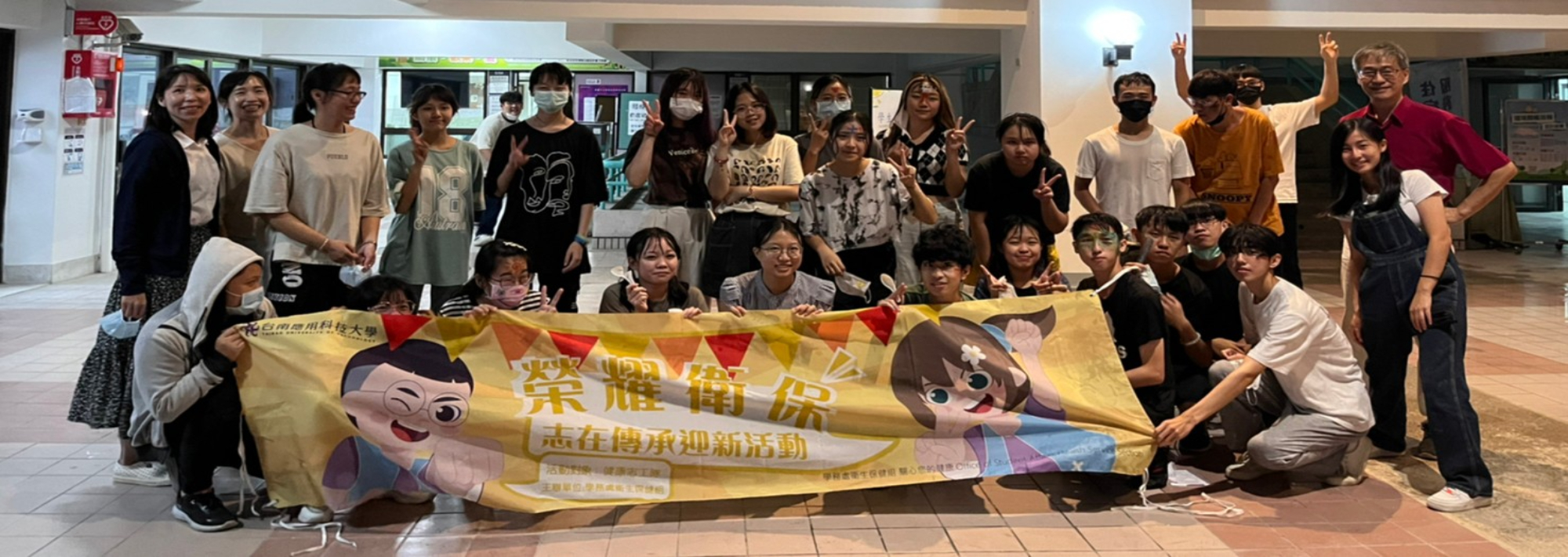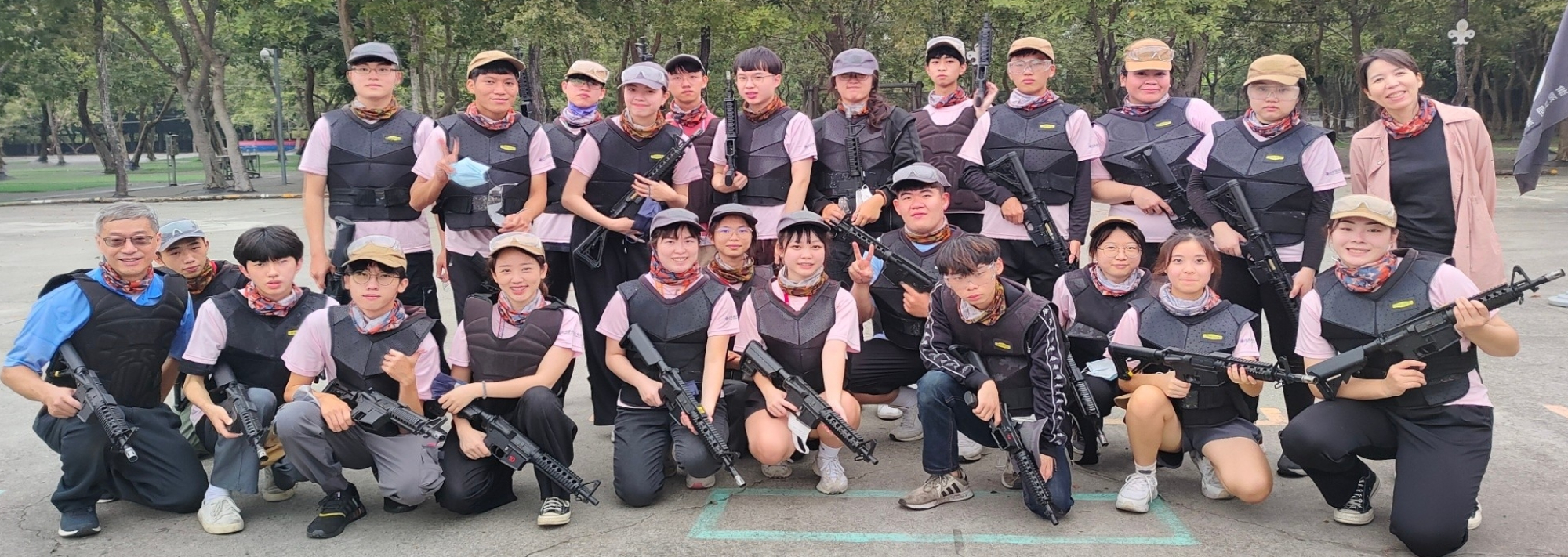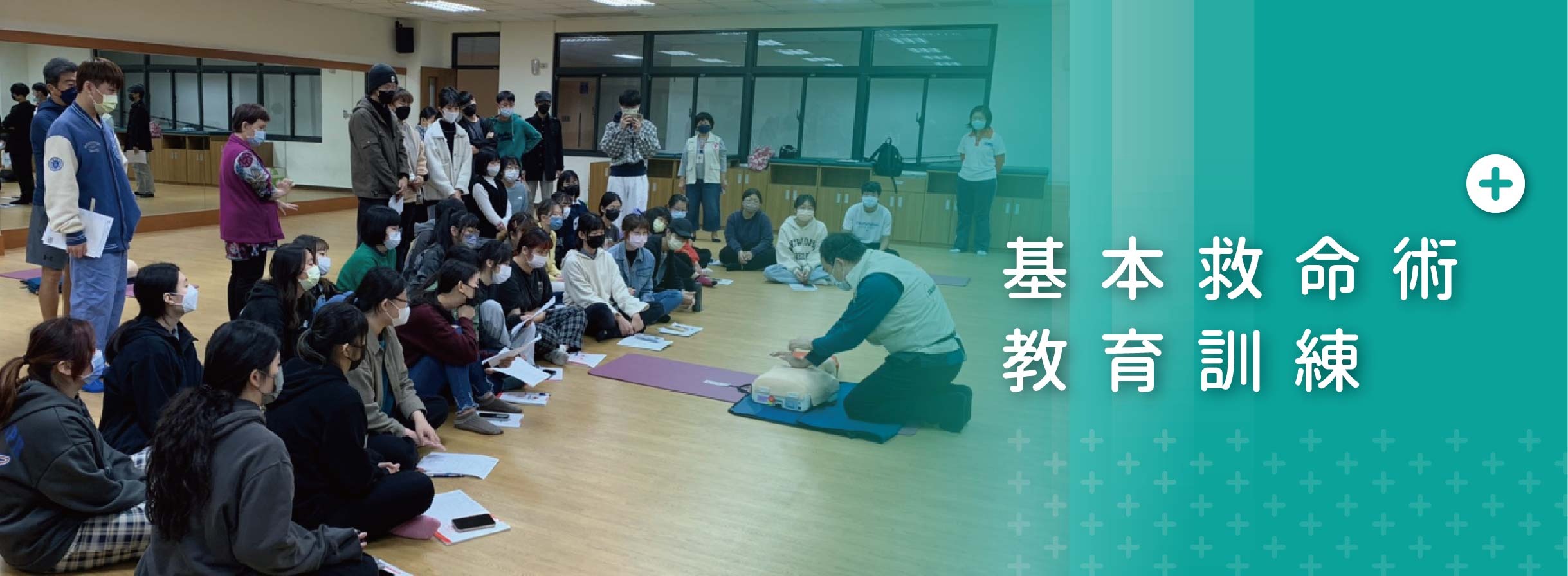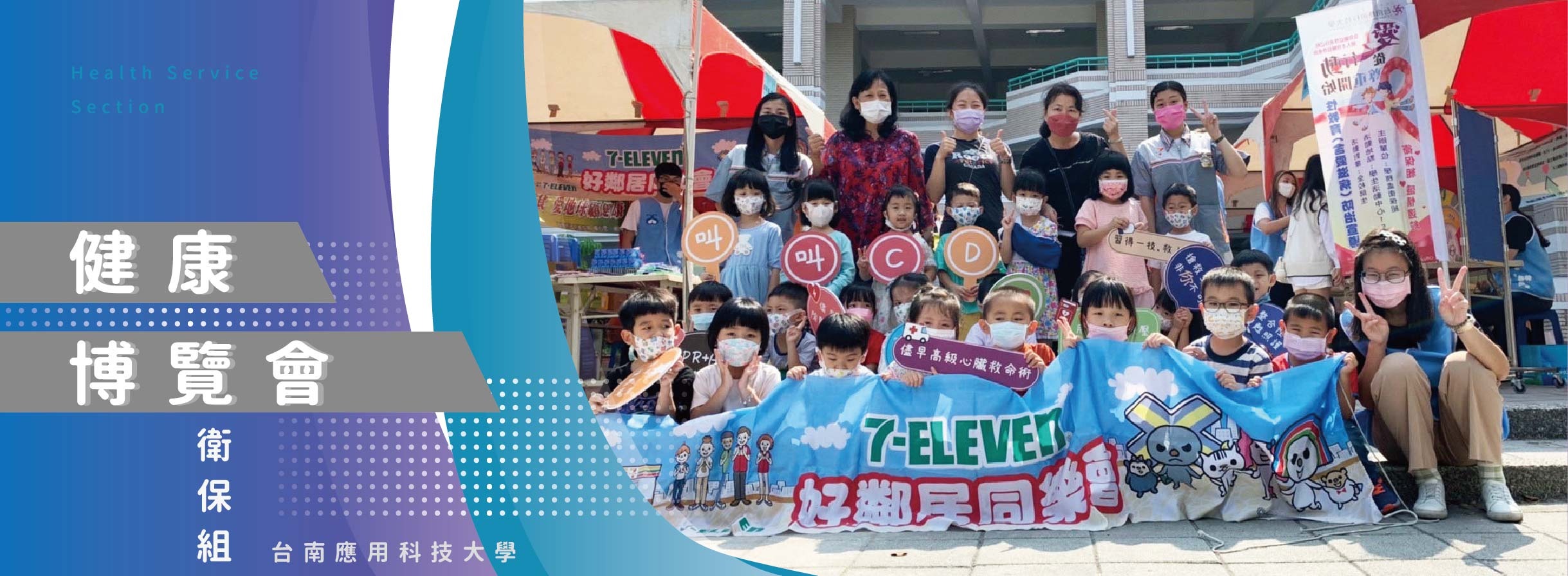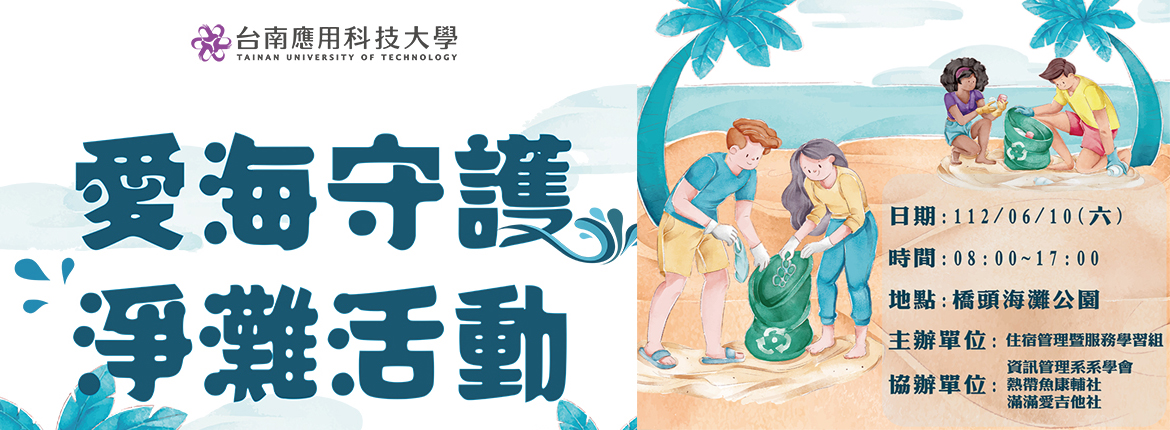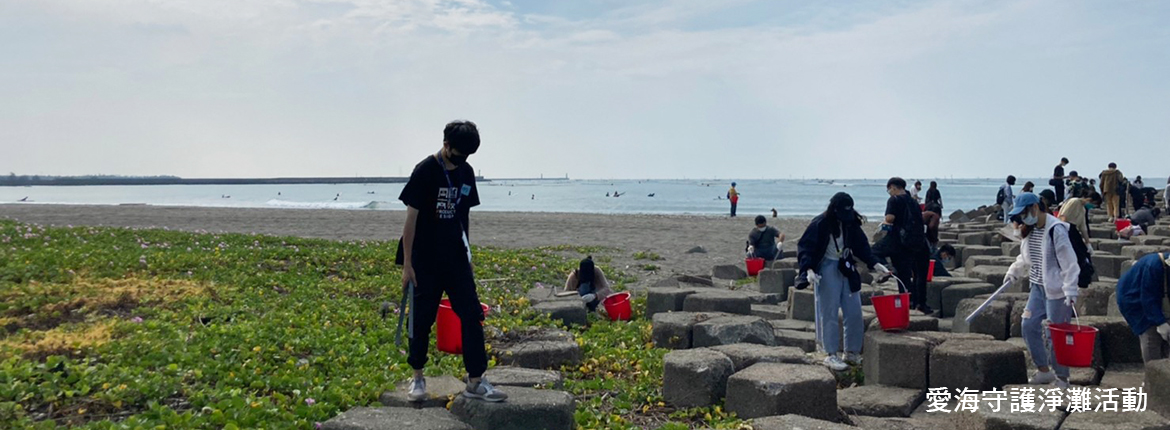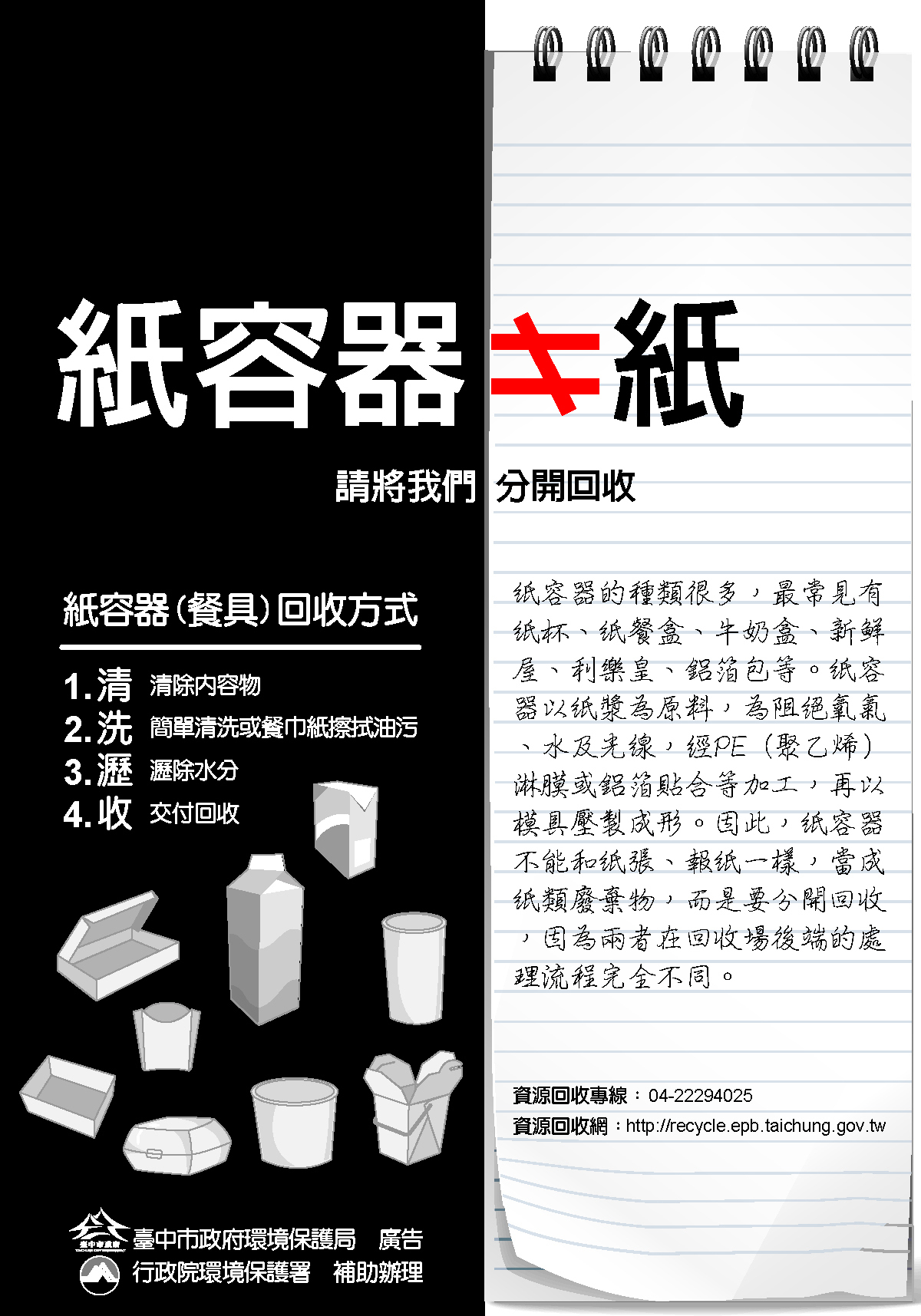Environmental Advocacy
Energy Saving and Carbon Reduction Efforts in Tainan City
I. Anti-Idle Activity
Idle running (idling) Definition: waiting in park without turning off the engine.
Idle running (idling) impact:
Vehicle idling emits a higher concentration of air pollutants than driving, which has a higher impact on human health, and also generates noise.
Vehicle idling without turning off the engine for too long will cause incomplete combustion of the engine, resulting in increased carbon deposits, accelerated wear and tear of the engine parts; idling for one hour of wear and tear is equivalent to the wear and tear of the vehicle for two hours, resulting in engine power, affecting the function of the engine. Burning every liter of gasoline produces 2.26kg of CO2 and emits harmful substances such as dioxin, causing global warming and endangering human health.
According to the United Nations, the fuel consumption of idling a vehicle for 10 seconds is already greater than the fuel consumption of the instant of starting. Research conducted by the Technological University of Japan found that vehicles idling for more than 30 seconds emit pollutants such as carbon monoxide, hydrocarbons, nitrogen oxides and carbon dioxide that are higher than those emitted during the start-up period.
Benefits of anti-idling:
Gasoline vehicle: Reducing idling time by 30 minutes per day can save 640 liters of gasoline per year, which saves about $18,000 in fuel costs and reduces carbon dioxide emissions by 1.4 metric tons.
Diesel Vehicle: Reducing idling time by 30 minutes per day can save 460 liters of diesel fuel per year, saving about $11,000 in fuel costs and reducing carbon dioxide emissions by 1.2 metric tons.
Anti-idling implementation results:
1. Public sector vehicle 866 vehicle reduction results, CO2 (reduction rate): 2.4Ton.
2. There are 78 buses in Kaohsiung Passenger Transportation Tainan Station, saving about $200,000 in fuel consumption and reducing 16 tons of CO2 emissions in a year.
3. 1,022 questionnaires were conducted. 93% of the public knew about this policy and 98% supported it.
4. According to the 220,000 diesel vehicles in Tainan City, the implementation of this policy can save 274,364 liters of fuel consumption and reduce 610 tons of CO2 emissions in one year.
Promoting the Use of Environmentally Friendly Chopsticks
Tainan City Government agencies and schools are the first to respond by bringing their own environmentally friendly chopsticks, which is estimated to save about 50,000 pairs of no-wash chopsticks a day.
A total of 110 restaurants in the city have responded to the city's "Healthy City - Eco Chopsticks" campaign by offering a discount for customers who bring their own chopsticks to the restaurant, which is expected to reduce the number of chopsticks by 1 million pairs in half a year; and by reducing the number of no-wash chopsticks by 7.5 million pairs in 95 years, 240 fewer trees will be cut down, and 2.8 tons of carbon dioxide will be reduced.
III. Restriction of bottled water
Starting from January 1997, the Tainan City Government and its various organizations took the lead in setting an example by bringing their own water bottles and cups in line with the government's bottled water reduction policy. It is estimated that there are more than 10,000 employees in the municipal government units:
1. By drinking one less bottle of bottled water per person per day on workdays, we can reduce carbon dioxide emissions by 3.7 metric tons.
2. Saving 25'202 metric tons of water consumed in the production of bottled water per year = saving the water volume of 11 standard swimming pools.
Please add a reminder "Please bring your own green cups in response to the reduction of bottled water consumption" in the comment box of each meeting notice.
IV. Implementing a Green Transport Policy Implementing a Green Transport Policy
Use of Low Carbon Vehicles:
The Vice Mayor's car and the EPA converted a total of 4 LPG vehicles.
In 1996, there were 539 LPG vehicles and 14 hybrid vehicles in the city.
128 garbage trucks in the city use B20 biofuel, using a total of 110 metric tons of biofuel and reducing CO2 by 230 metric tons.
Since May 1996, the city has been promoting the use of bicycles as a means of transportation for employees to get to and from work, thus increasing the use of the public transportation system.
The number of passengers on the Sightseeing and Recreation Bus increased by 22,370 in 1996 compared to 1995.
Promoted the public bicycle rental system, with 95 rental stations, 1,510 bicycles, and 3,000 parking racks.
V. Construction of the "Cape of Good Hope"
By the end of 1996, a total of 14 air-conditioned clean-up areas had been built, covering 33.53 hectares of green space and 17.8 kilometers of cycling tracks.
In 1996, 232,361 square meters of parkland was created.
In FY96, 42 parks were landscaped, 1 playground and 24 temporary parking lots were constructed, increasing the area of green space and recreational and sports areas by nearly 5.47 hectares.
In FY96, a total of 18 sites were renovated at Good Hope Corner, and 1.5 hectares of street corners were renovated.
VI. Other related work
1. In 1996, all the lamps were replaced with 14W energy-saving lamps, totaling 24,000 units; the Bureau replaced the original 20W double-tube lamps with 40W single-tube fluorescent lamps (including ballasts), which were more than 10% more efficient, totaling 358 units.
2. Held the "Baby Forest Mobilizer‧Senkoufu City - Parent-Child Tree Planting Activity on Arbor Day '96", with about 1,400 participants. 206 trees were planted, including 206 trees of silverleaf and Lanyu nutmeg, and 206 plants of coastal forests suitable for saline and alkaline areas.
A total of 1,456 plants were planted, including 206 trees such as silverleaf and Lantana nutmeg, and 1,250 shrubs such as willow and grass tress.
Garbage Classification
There are three types of garbage:
Resource Waste
Citizens can pack all kinds of garbage into one bag and submit it to the Tainan City Environmental Protection Bureau's recycling trucks for recycling, while the following specific items need to be recycled in a separate bag.
- Dry batteries (including button batteries and rechargeable batteries) should be collected and recycled after they are taken out from the items. They should be delivered to the recycling trucks of the Bureau or recycled in the reverse direction through the channels of the vendors, so as to avoid mixing them with other resource wastes.
- Lighting sources (fluorescent tubes, ring tubes, light bulbs, etc.) should be properly bagged before recycling to avoid breaking and causing danger, and delivered to the Council's recycling trucks individually or recycled in the reverse direction through the channels of vendors.
- Before recycling, please remove the contents of plastic bags (except for those with composite materials such as tin foil or aluminum foil) and collect them in a flat or knotted bag.
- Styrofoam for packaging (including fishing boxes, cake boxes, and packaging for electronic and electrical appliances), please remove tapes, wood, nails, and non-styrofoam packaging materials, and submit them to the Bureau's recycling trucks for recycling.
- Used clothes (except intimate apparel) should be washed and cleaned before recycling, and packed separately for recycling in our recycling trucks.
Kitchen waste
Organic wastes produced by households during the dietary process, such as fruit peels, vegetable leaves, expired food, tea leaves, coffee grounds, etc., can be called food waste. Currently, food waste is mainly reused in pig farming and composting, so the classification of food waste is based on these two types of reuse.
General waste
General waste that is not recyclable "Resource Waste" and "Food Waste" as mentioned above is considered general waste (e.g., diapers, toilet paper, carpets, rags, etc.).
| Resource Waste Classification List | ||||
| major category | Classification | Breakdown | Handling | |
|
Waste paper (Paper containers and aluminum foil packets and paper lunch boxes should be classified as paper containers) |
non-recyclable |
Diapers, toilet paper (cotton), copy paper, waxed paper, release liners, transfer paper, sandpaper, plastic glossy paper or wrapping paper, electronic invoices, soiled paper (e.g., pet feces, paint, or other grease), firecracker shavings, and cardboard tubes. |
Pack up and deliver to EPA garbage truck for removal. | |
| recyclable |
General paper:Magazines, photocopying paper, fax paper, wrapping paper, note paper, calendars, paper bags, recycled paper, newspaper, computer forms, flyers, toilet paper rolls, telephone directories, calendars, cardboard boxes, corrugated cardboard, books, shopping bags, envelopes, business cards (single material without film), notebooks, and other pure pulp products. |
Before recycling, please remove plastic covers, tapes, coils, staples, and other non-paper items, then flatten them out, pack them up, and collect them in one place. |
||
| Paper Containers | recyclable |
|
|
|
| Scrap metal | recyclable |
|
|
|
| Scrap Aluminum | recyclable |
|
Empty the container, rinse it with water, flatten it and recycle it. |
|
| Other metals | recyclable | Coated Copper Wire & Cable, Stainless Steel Products, Metal Staplers, Metal Vegetable Baskets, Metal Scissors, Metal Spoons, Forks, Keys, Door Locks, Metal Clothes Hangers, Copper Products, Stainless Steel Gas Stoves, Steel Rings, and more. |
|
|
| Waste Plastic | non-recyclable | Fiberglass FRP articles, automobile cushions, plastic film, chemical fiber articles, automobile storage boxes, plastic cloth, resin, safety seats, protective film, foot mats, plastic wrap (including packaging sealing film), mats, plastic printing pads, foam, travel bags, tapes, cassette tapes, ballpoint pens, video tapes, feed sacks, records, brushes, negatives, board erasers, plastic toys, plastic pencil cases, plastic forks, plastic knives, chopsticks, toothpicks, dental floss, all kinds of rubber articles (except for scrap tires), telephone cards, pens, erasers, safety helmets, footwear, and other articles that are not made from one single material. |
|
|
| recyclable |
|
|
||
| Polaroid | recyclable | Styrofoam, including fishing boxes, ice boxes, cake boxes, packaging for electronic and electrical appliances, and box fillers. | Please remove tapes, wood, nails and non-styrofoam packaging materials for recycling in the EPA's recycling trucks. | |
| Waste Plastic Bags | non-recyclable |
Tea bags, biscuit bags, snack bags and other plastic bags with a composite material such as tin foil or aluminum foil on the inside. |
|
|
| recyclable | Clean plastic bag. | The contents and water of the plastic bags are emptied and assembled into a single package for recycling in the EPA's recycling trucks. | ||
| Waste Glass | non-recyclable | Tempered (safety) glass, heat-insulating glass, automobile windshield, fireproof glass, bathroom equipment, glass mats, lamps and so on. |
|
|
| recyclable |
|
Remove the cap and empty the residue from the container, rinse it lightly with water and recycle it. | ||
| Waste Tire | non-recyclable |
Solid tires, aircraft tires, and inner tubes for special vehicles. |
|
|
| recyclable | Waste automobile, motorcycle and bicycle tires. |
It can be recycled by tire shops, motorcycle dealers, warranty shops or by recycling trucks. |
||
| Waste Electrical Appliances | recyclable |
|
|
|
| Waste Information Items | recyclable |
Laptop computers, monitors (monitors), personal computers (including motherboards), hard disk drives, power supplies, cases and printers, uninterruptible power system mainframes, photocopiers, ink cartridges or toner cartridges, and keyboards. |
|
|
| compact disk | recyclable | Includes CDs, VCDs, DVDs, no outer shells. |
|
|
| Mobile Phone | recyclable | Cellular phones, their chargers and batteries (including landline chargers and travel chargers). |
|
|
| old clothes | non-recyclable |
Pillows, quilts, scraps of fabric, socks, shoes, wool, belts, waistbands, carpets, rags, curtains, purses, gloves, cushions, step mats, tablecloths, aprons, plush toys, muppets, towels, washcloths, cloth bags, strips of cloth, bed linens, underwear and pants. |
|
|
| recyclable |
Clothes and pants:Tops, pants, skirts, dresses, coats, suits and more. |
|
||
| Waste Electricity Dry Pool | recyclable |
Mercury batteries, alkaline batteries, lithium batteries, nickel-cadmium batteries, nickel-metal hydride batteries, rechargeable batteries, button cell batteries, etc. (types include No. 1, No. 2, No. 3, No. 4) |
Please take the items out and hand them over to the EPA's recycling trucks for recycling, or hand them over to chain stores, fresh food supermarkets, mass merchandisers, telecommunication equipment stores, photographic equipment stores, etc. for reverse recycling. |
|
| Waste lead batteries | recyclable |
Lead batteries for automobiles and motorcycles. |
They can be recycled by the EPA's recycling trucks or by automobile and motorcycle dealerships or warranty shops for reverse recycling. |
|
| Waste Pesticide Containers | recyclable | Metal containers, plastic containers, glass containers or outer boxes for environmental hygiene drugs (including general and special environmental drugs), pesticides and fertilizers. |
Please wash it at least three times, spray the cleaning solution repeatedly, remove the contents and pack it into a bag for recycling at the recycling center set up by the Farmers' Association of the City of Hong Kong or in the recycling truck of the Environmental Protection Bureau. |
|
| Daylight Waste | non-recyclable |
Light bulbs with a cap diameter of 2.6 centimeters or less. |
|
|
| recyclable | Straight tube fluorescent lamps, ring tube fluorescent lamps, ballast built-in fluorescent lamps, compact fluorescent lamps, incandescent lamps, high intensity lamps, straight tube, ring tube, ballast built-in lamps and compact light emitting diodes (LEDs) for illumination. |
|
||
| Mercury Thermometer | recyclable |
Mercury thermometers used to measure human body temperature, excluding those used in laboratories. |
|
|
| Other | recyclable | Waste motor vehicles (including automobile locomotives), can use furniture, spring mattresses and so on. |
|
|
Remarks:
- For the above mentioned types of resource wastes, if they are collected by the resource recycling industry on their own by organizations, schools, communities, buildings, etc., additional separation items can be added according to the demand.
- In view of the continuous advancement of recycling technology, we apologize for any imperfections in the above recyclable items and invite you to call us at 06-2686751 for more information.
Food Waste Classification Table Suitable for composting and pig farming vegetable category Leafy greens, fruits and vegetables Rice Rice, noodles and other products Expired packaged food Biscuits, candies, bread, etc. Food Ingredients Soybean dregs, wine lees, etc. Food waste more suitable for composting (not suitable for pig farming) pericarp Rice dumpling leaves, bamboo shoot shells, fruit peels and shells, etc. waste products Bagasse, bagasse, coffee grounds, Chinese medicine residue Horticulture Flowers, Leaves, Branches, Herbs, Roots Hardshells Eggshells, shellfish, crab and shrimp shells, and animal bones. Nuts Seeds and kernels of plants Sour and Stinky Cooked Kitchen Remains Undercooked meat, animal offal, or unclassified organic matter Food waste more suitable for pig farming (not suitable for composting) Fish and meat Cooked chicken, duck, fish, meat, etc. Seasoning Jams, juices, soups, etc.
- Remove external packaging and do not mix chopsticks, spoons, toothpicks, and other impurities and garbage into food waste.
- Coconut shells, durian shells, corn stalks and other hard shells, as well as food waste that is excessively rancid and smelly, should be disposed of as part of the general garbage.
Paper Container Recycling Methods

